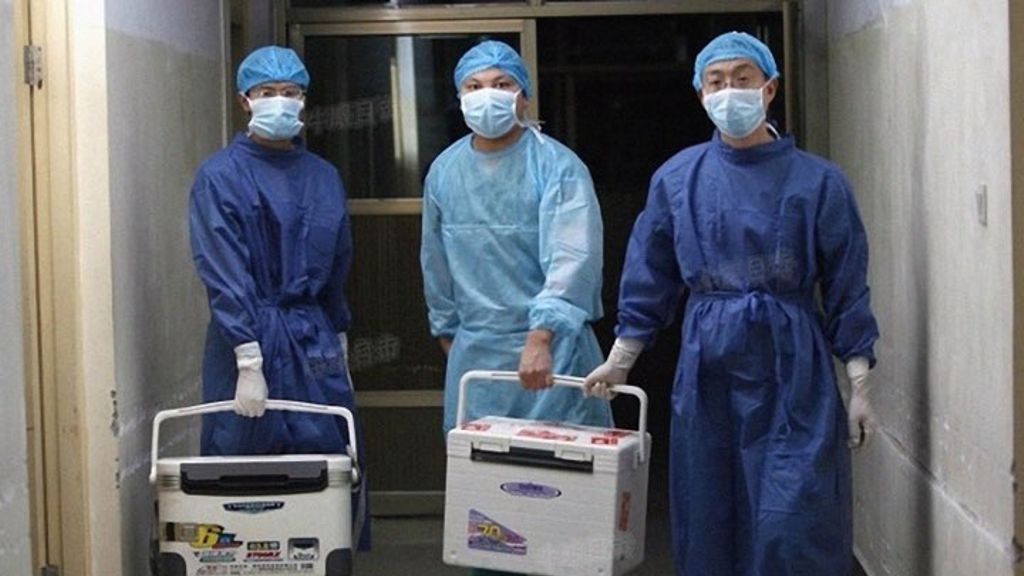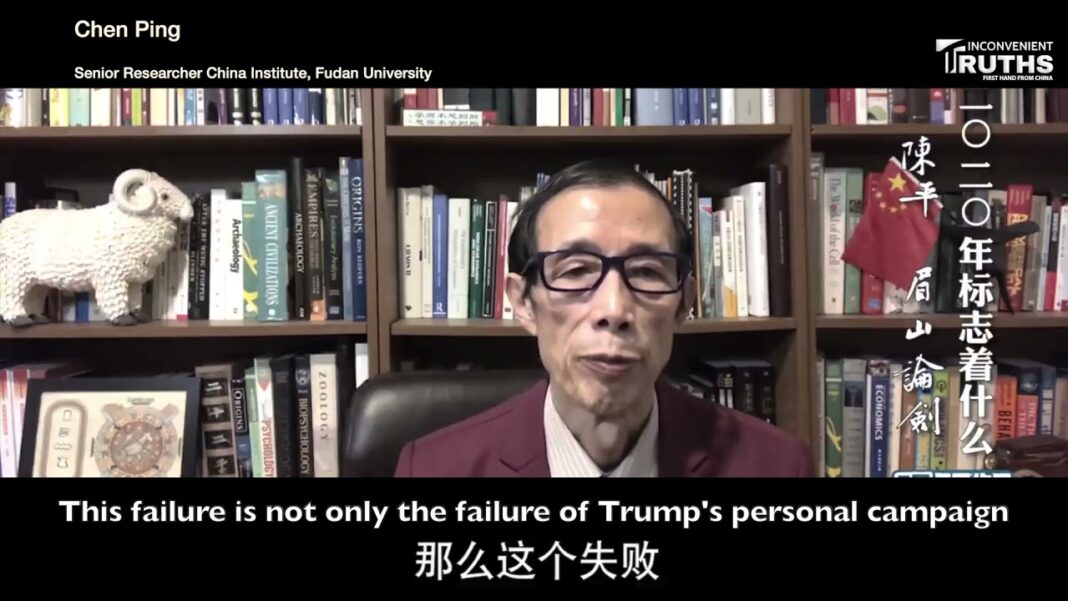In China, state-run media have been promoting a job called “organ donation coordinators,” trumpeting how people in this line of work are making a difference in society. Their role is to convince families of dying patients to agree to donate their loved one’s organs—needed to supply China’s booming transplant industry.
The families that agree, in return, are paid for their consent.
Due to deeply-rooted cultural beliefs that hold that the human body must be kept intact even after death, Chinese people are generally reluctant to donate their organs. The creation of this role appears to be an attempt to lessen such a barrier to the country’s organ donation program.
But the job is less noble than it is depicted by the Chinese regime, according to an account by Liang Xin (a pseudonym), a former organ donation coordinator from northeast China. The work was more akin to being a salesperson, Liang told The Epoch Times, and much of it involves using money to manipulate the poor into agreeing to donate their dying relatives’ organs.
The coordinators’ methods are unethical and violate internationally recognized principles on transplantation that forbid the payment of money for an organ donor’s consent, according to an organ transplant expert.
Liang’s revelations further shine a light on abuses in China’s organ transplant system—which already attracts heavy scrutiny over the communist regime’s practice of forced organ harvesting from prisoners of conscience.
The former coordinator said he decided to speak out about his job in the hopes that more people will know the truth behind it.
Targeting the Poor
Organ donation coordinators mainly targeted poor families, in particular those of rural migrant workers, Liang said. These people often did not have enough money to pay for the expensive medical bills, and were therefore more susceptible to the coordinators’ monetary offers.
BY FRANK FANG









